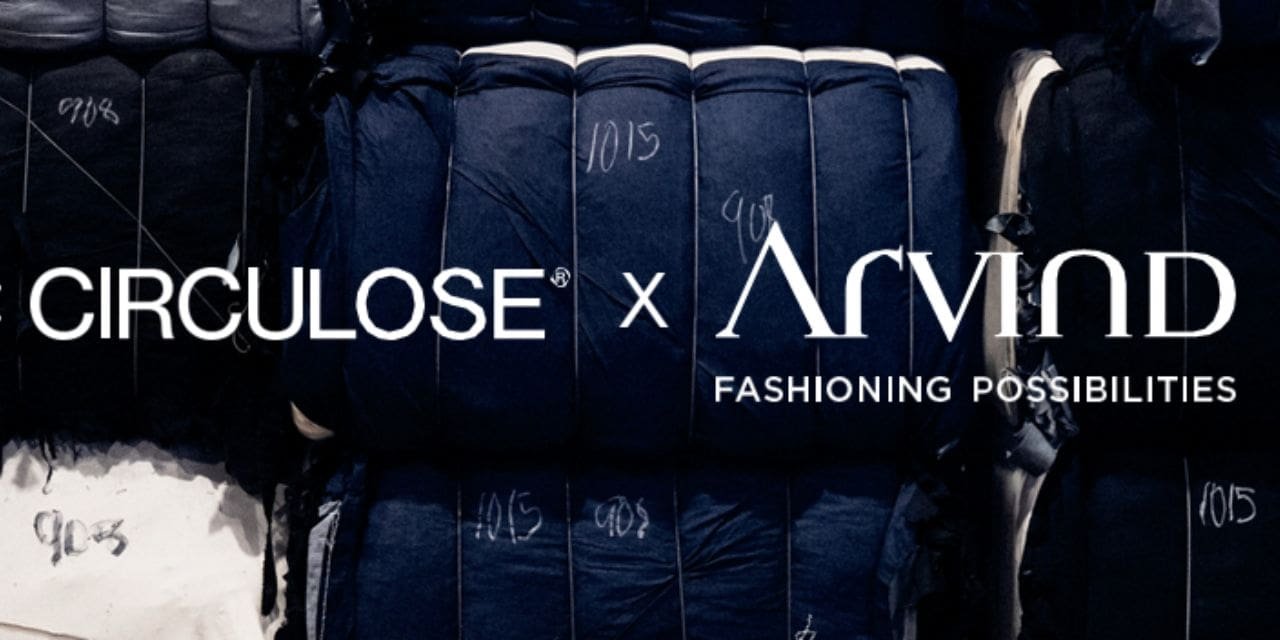The partnership advances Arvind’s commitment for eco-conscious products in textile market.
Arvind has formed a partnership with the CIRCULOSE® Supplier Network to actively promote sustainability and circularity within the industry, thereby strengthening its commitment to advancing it’s near century-long legacy of environmental consciousness in the textile industry.
Key Features
Circular Material: Denim is crafted from upcycled cotton textiles and viscose made with CIRCULOSE®, diverting waste from landfills. CIRCULOSE® is created by Renewcell which employs an advanced recycling process to break down worn-out garments into cellulose pulp, from which new fibres, and ultimately, new denim is created. This circular approach minimizes waste and resource consumption.
Quality and Durability: Despite its sustainable roots, denim made with CIRCULOSE® does not compromise on quality. It retains the durability, comfort, and aesthetic appeal of conventional denim ensuring a long-lasting wardrobe staple.
Environmental Stewardship: Denim made with CIRCULOSE® epitomizes Arvind’s commitment to sustainability. By recycling textile waste and adopting efficient production processes, it helps conserve natural resources and reduce textile waste, contributing to a cleaner environment.
Since 2022, Arvind has been actively participating as one of the partners for Accelerating Circularity, a non-profit entity that catalyzes new circular supply- chains and business models; to turn worn-out garments into mainstream raw materials. Through this program, Arvind has incorporated recycled and circular fibers into scalable products.
Fashion Forward: Denim made with CIRCULOSE® is not just environmentally conscious but also fashion-forward. Arvind offers a diverse range of styles, washes, and finishes to cater to various tastes, proving that sustainability can be trendy.
Denim made with CIRCULOSE® helps to close the loop on apparel production and highlights the importance of resource efficiency in textile manufacturing. It demonstrates that sustainable practices can be economically viable.

